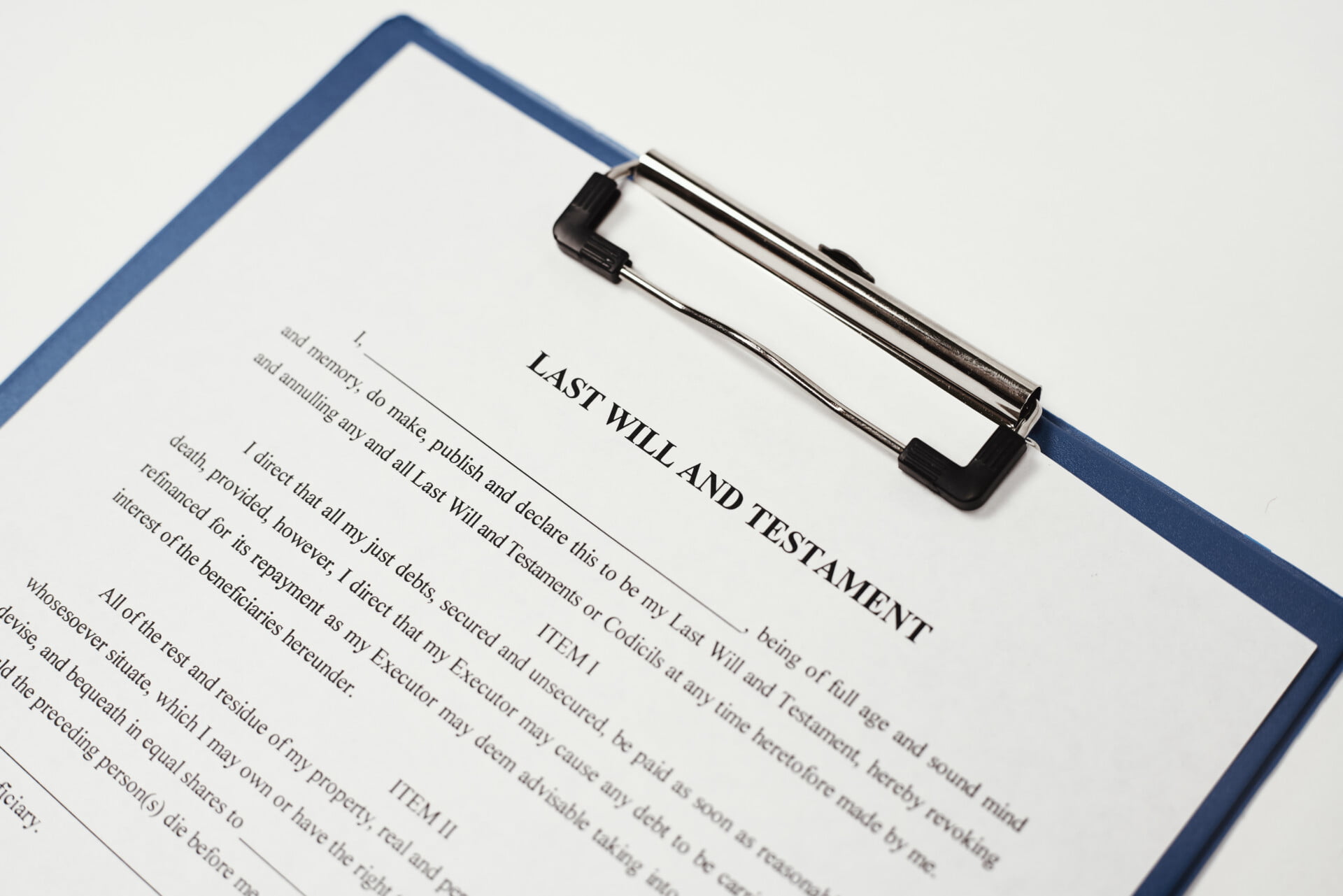
Having the right estate plan in place is essential in order to protect your loved ones and your assets. When creating one, you will be faced with the decision of whether to create a trust with a pour over will or only a will that will direct how your assets should be distributed. Before making the decision, you should ensure that you are fully aware of the differences between the two documents and how they work.
How Trust Works
Trust can take an effect immediately upon signing it, as long as its creator funds it properly. It is a legal entity, separate from its creator, however, allowing him or her to manage the assets during lifetime. After death of the creator, a successor trustee, chosen by the creator can step in immediately, without court’s involvement and take over the handling of the trust, whether that means managing it until beneficiaries can take their distributions or making the distributions immediately after the death of the creator.
What Are Its Benefits
The major benefit of having a trust is that if it is funded appropriately (see link above for information on how to fund a trust), meaning that assets are titled in the trust’s name, it can avoid the probate process. This can save money by not having court and attorney fees related to probating an estate.
Trust will also take effect immediately, as soon as assets are titled in its name. This can prevent the confusion of loved ones after your death, as to whether you had an estate plan in place or not. If you only have a will and family is not able to locate it, your estate would be probated as intestate (dying without a will) and your wishes as to distributions would not be granted.
What Are Some Drawbacks
For most, the major drawback that keeps them from creating a trust is the cost. Usually in order to have an attorney draft a trust that is customized towards your needs and wishes will cost around $1,000 and can increase in price depending on needs.
Also, for parents with minor children, one of the main reasons for creating an estate plan is to appoint a guardian who can take care of the children in case of death of both parents. A trust is not designed for that. Parents need to ensure that even if they decide to create a trust, they should also have a pour over will and include guardian language in it.
How Last Will and Testament Works
Last Will and Testament does not take effect until after the creator’s death. It is a document that appoints a person who will handle the decedent’s estate and be responsible for distributing his or her assets. In the will the creator can appoint guardians for minor children, name beneficiaries and give specific instructions on how assets are to be distributed after death. Having a will does not avoid probate and court’s supervision is required until all debts are paid, and assets are distributed accordingly.
What Are Its Benefits
Most will decide on having only a will instead of a trust because it is less expensive to prepare. While there are some websites that allow you to prepare your own will for free or only few dollars, it is a much better idea to consult with an attorney who can customize your plan according to your wishes. (Read here on why DIY estate planning services are not recommended).
Unlike a trust, a will allows parents to name guardians for minor children within the document.
A will takes care of all your assets, even those that cannot be put in a trust. Smaller assets such as jewelry, watches, china collections, etc. cannot be placed in the name of the trust. However, whether it is a standalone will or a pour over will, it can provide guidance to the executor as to how to distribute those.
A will also allows the creator to write down his or her funeral and burial wishes.
If after death, there are any assets that were not put into the trust (if there was one), they will be distributed according to the will.
What Are Some Drawbacks
Even if there was a will prepared, the estate will still have to go through probate in order to make distributions. Sometimes, especially for larger estates, this can be a long and expensive process, putting extra stress on the family.
Because a will is recorded during the probate process, it becomes a public record and does not allow for much privacy.
We Can Help
If you need more information or help deciding on what estate plan is right for you, call Sobon Law, LLC today at (216) 586-4246.



